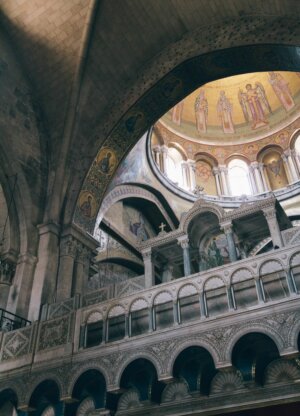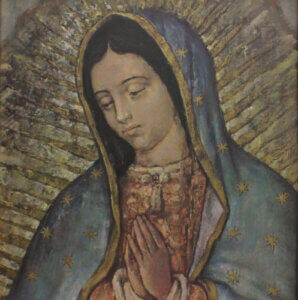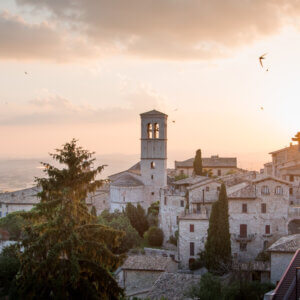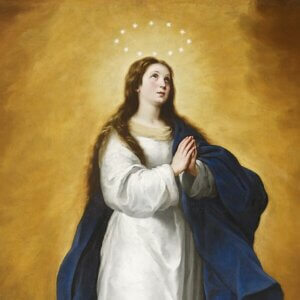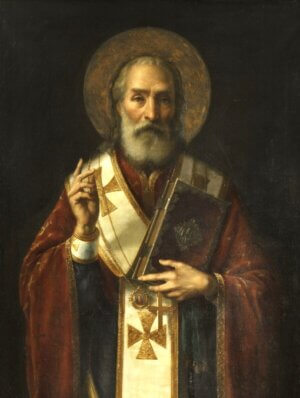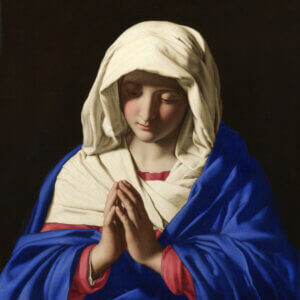Juliet might not think that names are important, but in Holy Scripture they carry a lot of weight.
Ancient cultures put a lot of thought into naming people and places; a name lasted a lifetime—or a few millenia—so it had to convey some special fact about what lay behind it.
The Scriptures relate many instances of people and places being named, taking care to tell us just why that particular name was chosen. Several of these instances come from God Himself, such as when John the Baptist was born and at the Annunciation.
So—what does Jerusalem mean?
The word comes from the Hebrew ir (city) and salem (peace). The early Septuagint calls the city Ierousalem: City of Peace.
In light of the city’s turbulent history, the name seems oddly chosen. This irony, however, prods us to look deeper, as acclaimed theologian Scott Hahn reminds us:
We are led to contemplate a greater reality: a heavenly Jerusalem—the true holy city and the capital of God’s new creation—that is symbolized by the earthly city but not identified with it.
—Catholic Bible Dictionary
The earthly “City of peace,” where the Church was founded, symbolizes the heavenly “City of peace,” where Christ will reign in glory and peace forever among His saints.
Even if you can’t make it to Jerusalem in person, you can bring the Holy Land to your own home with our bestselling Holy Land Blue Glass Rosary. This lovely piece is handcrafted by Christians in the Holy Land, and features stunning blue glass beads that sparkle like the Sea of Galilee. Finished with a beautiful crucifix and a Marian centerpiece with the Jerusalem Cross on the reverse. Order yours today at The Catholic Company!
